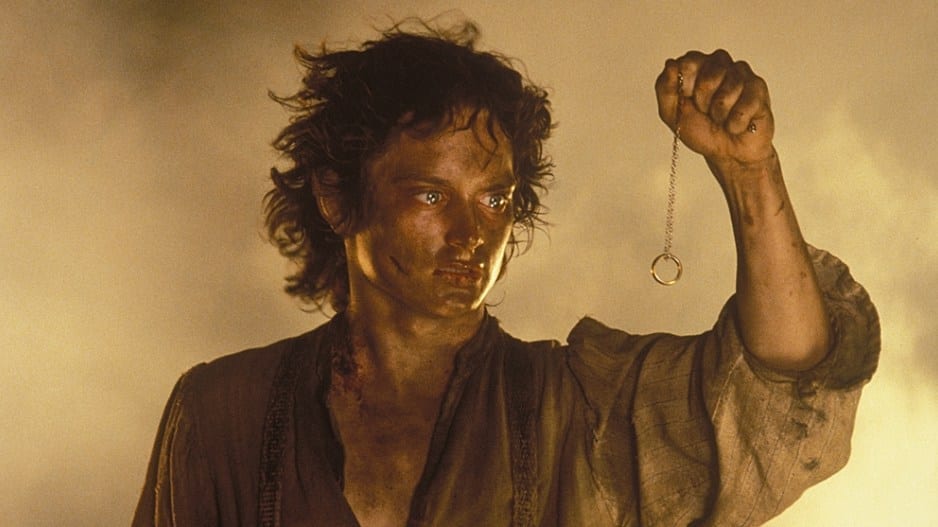Recently, “Warner Bros. and the estate of J.R.R. Tolkien settled an $80 million lawsuit over the digital merchandising of products from “The Lord of the Rings” and “The Hobbit” after the Tolkien estate claimed the studio was in breach of contract, among other things.
J.R.R. Tolkien is one of the most well-known authors of our time, largely thanks to the “Lord of the Rings” movies and the “Hobbit” trilogy. From woodland elves to devious orcs and gentle hobbits, Tolkien’s books have inspired generations. However, some have sought to take advantage of his talents, including the very studio responsible for bringing the author’s characters to life on the big screen. How so? Well, recently, “Warner Bros. and the estate of J.R.R. Tolkien settled an $80 million lawsuit over the digital merchandising of products from “The Lord of the Rings” and “The Hobbit” after the Tolkien estate claimed the studio was in breach of contract, among other things.
Though the terms of the agreement have yet to be disclosed, and probably won’t be for awhile, the studio issued a statement to The Hollywood Reporter, saying “the parties are pleased that they have amicably resolved this matter and look forward to working together in the future.”

But why was the lawsuit filed in the first place? What did Warner Bros. do so wrong that struck a nerve with Tolkien’s estate? For starters, the estate claimed the studio “was in breach of contract” and also “violated copyright infringement for merchandising characters from Mr. Tolkien’s books — and the subsequent successful film adaptations — beyond the scope of what was agreed to when the rights were sold in 1969.”
The lawsuit also pointed to “an online gambling game, “Lord of the Rings: The Fellowship of the Ring: Online Slot Game,” something the Tolkien estate claims has drastically “harmed the Tolkien legacy,” especially considering the fact that the author’s estate had to learn about the game via spam email, as if it’s very existence was being hidden from them.
In response to the discovery of the casino game, a statement in the lawsuit said, “fans have publicly expressed confusion and consternation at seeing ‘The Lord of the Rings’ associated with the morally questionable (and decidedly nonliterary) world of online and casino gambling.”
So if Warner Bros. violated so many agreements with the estate, what rights did the Tolkien estate grant the studio? Well, according to the lawsuit, the estate had only allowed Warner Bros. to “sell tangible personal property, such as figurines, tableware, stationery items, clothing and the like.” The estate did not grant “electronic or digital rights, rights in media yet to be devised or other intangibles such as rights in services.”
As for the studio’s response to the lawsuit? Well, Warner Bros. countersued, claiming it “lost out on millions of dollars as a result of the lawsuit.”
Sources:
Tolkien Estate and Warner Bros. Settle Lawsuit Over Licensing
Warner Bros., Tolkien Estate Settle Massive ‘Lord of the Rings’ Lawsuit


Join the conversation!